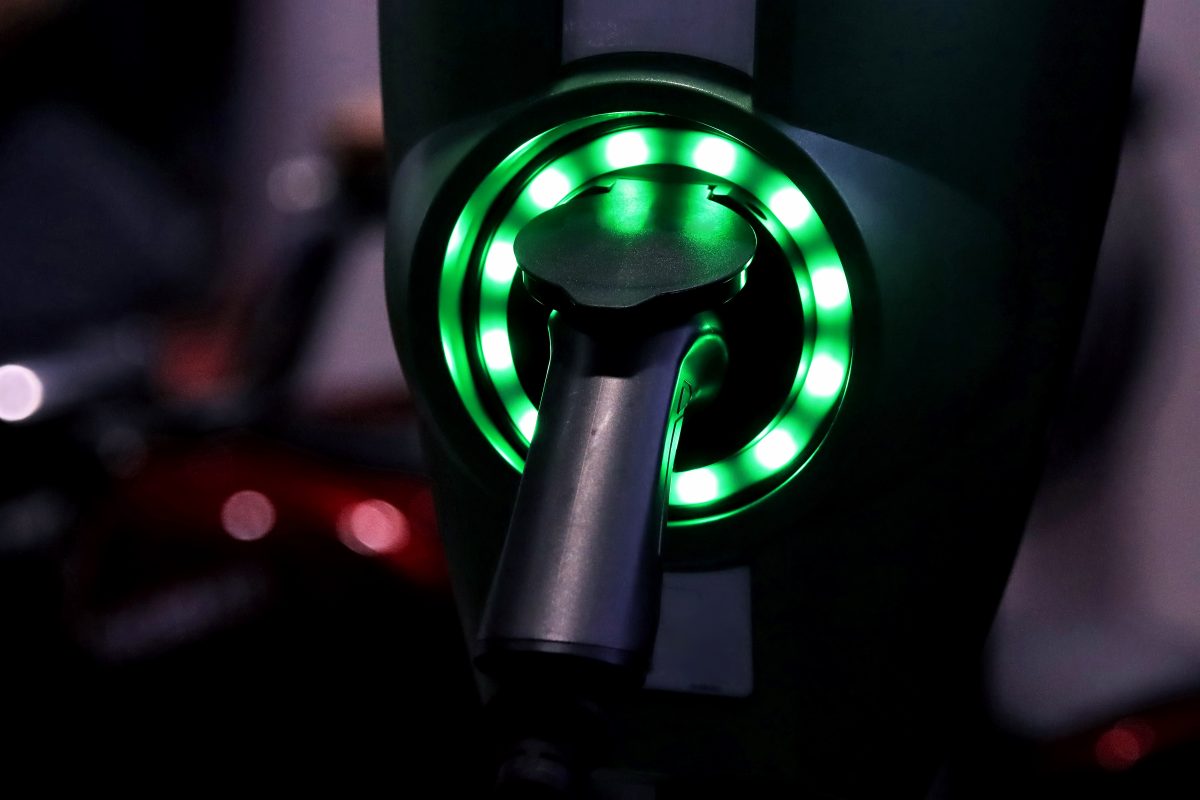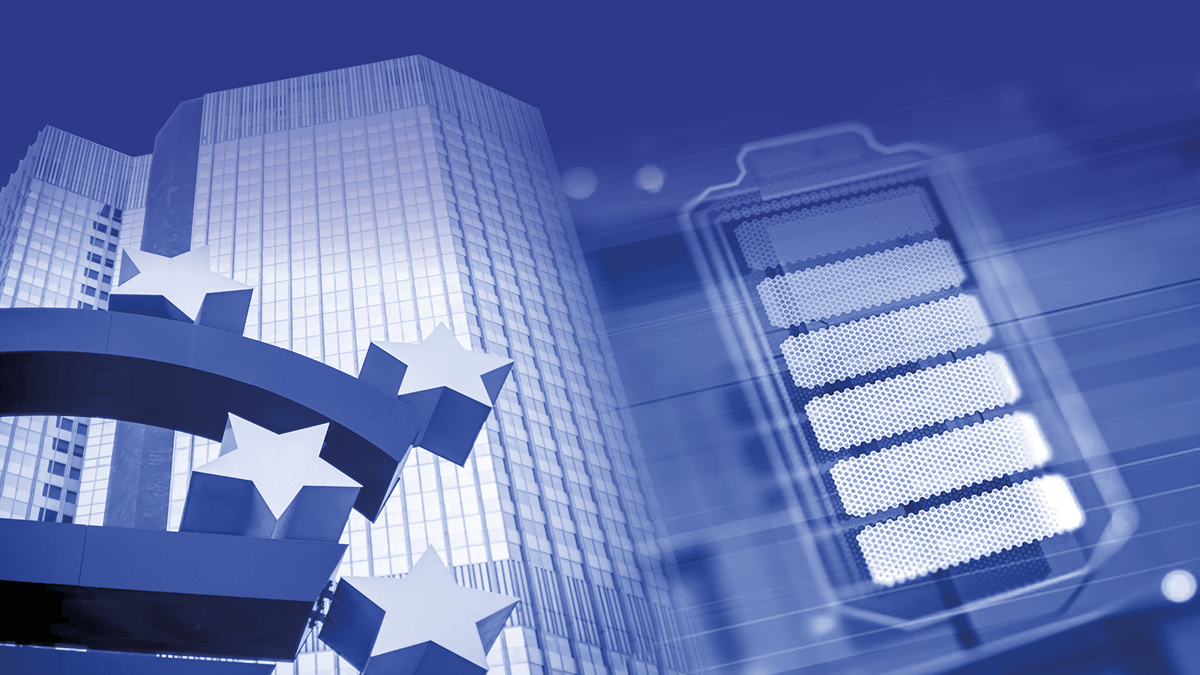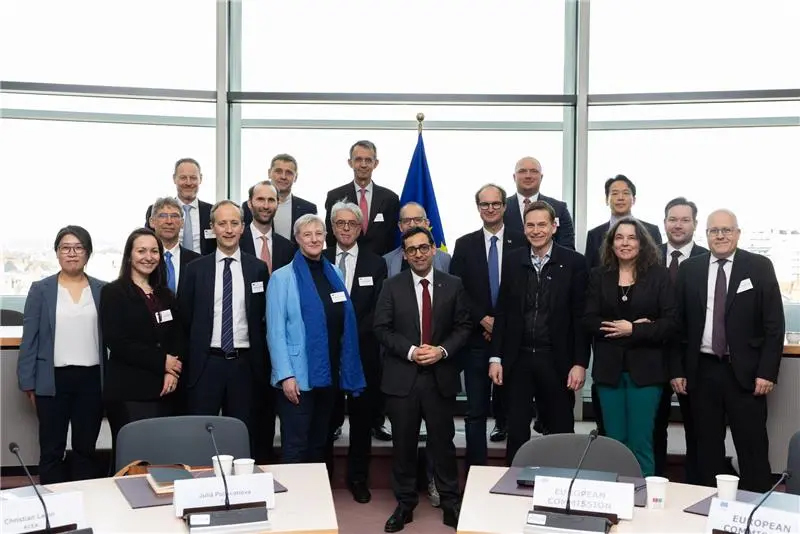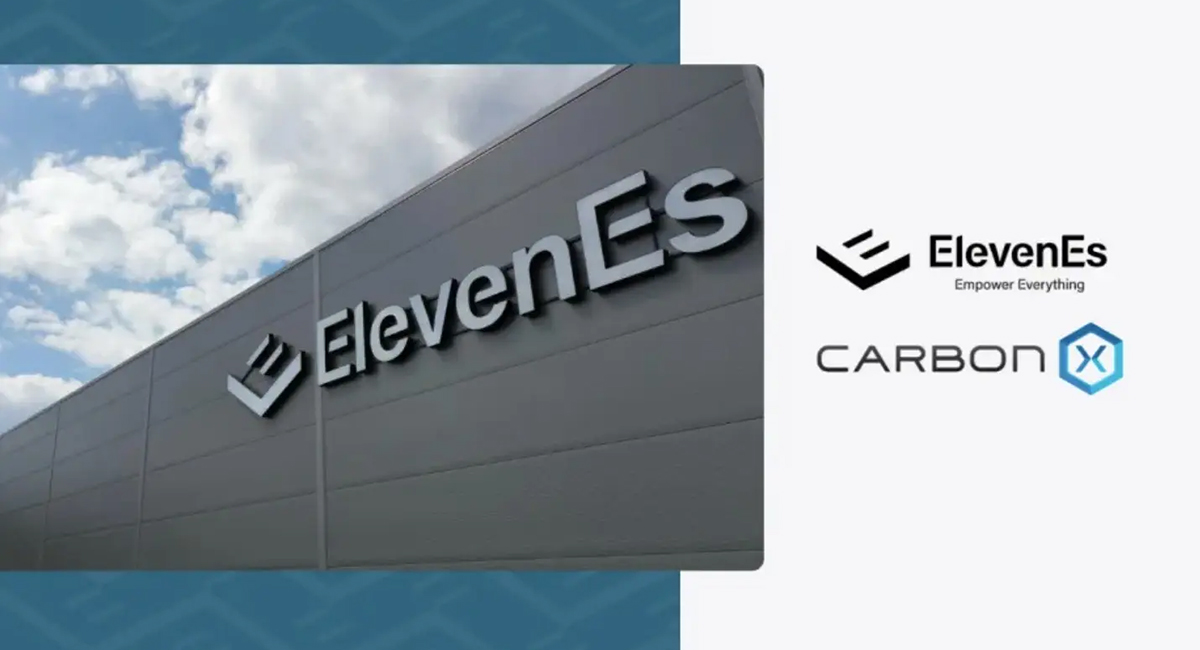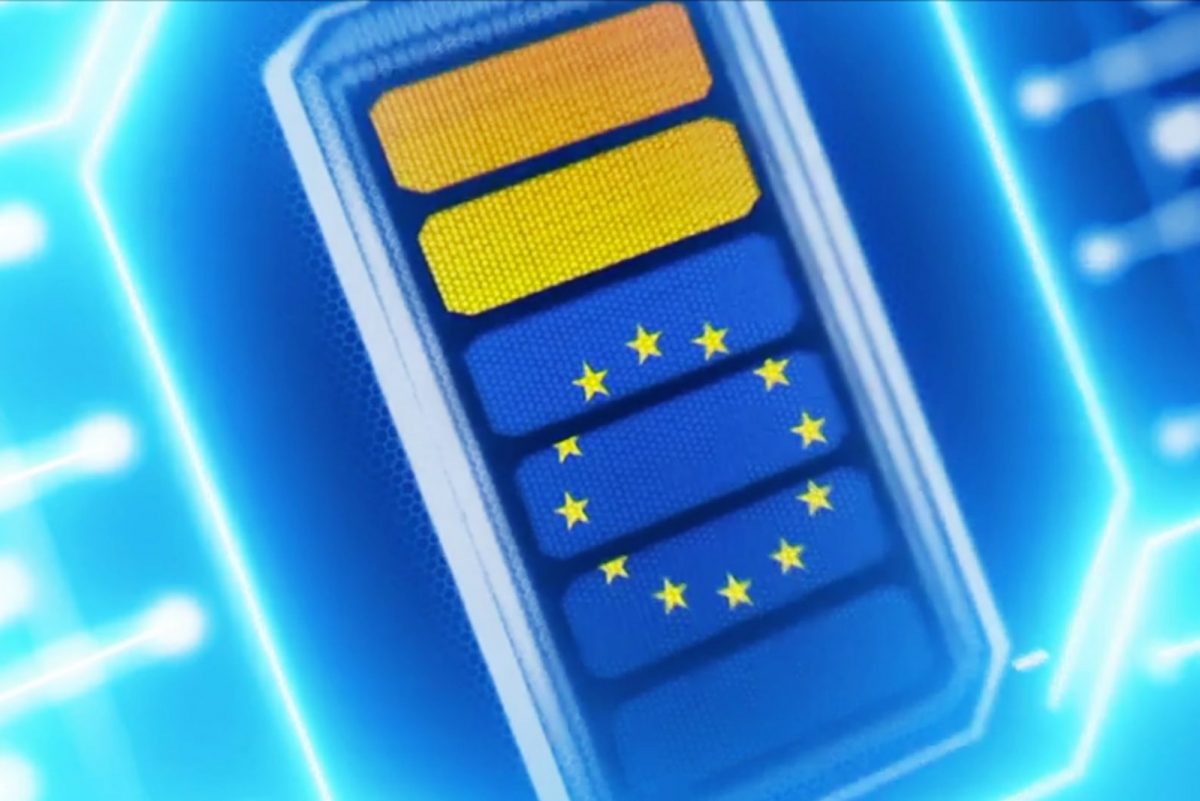
Mar 4, 2021
High-level meeting with industrial actors under the European Battery Value Chain
We are proud to relay that on Tuesday was held a high-level meeting with EBA250 industry representatives to discuss the role the European Battery Alliance (EBA) in addressing the remaining major obstacles to developing a competitive, sustainable and resilient battery value chain in Europe.
Organised and hosted by EIT InnoEnergy, the meeting was chaired by Commission Vice-President Maroš Šefčovič. Commissioner for Internal Market Thierry Breton and European Investment Bank Vice-President Ambroise Fayolle also participated. In addition, the CEOs of five companies representing the entire European battery value chain actively participated. They shared their industrial views on future opportunities and challenges along the value chain.
Solid progress despite COVID-19 crisis
The European Battery Alliance has in just a few years turned Europe into a battery hotspot rapidly closing the investment gap with its major Asian competitors. The total investment in Europe reached €60 billion in 2019 compared to €17 billion in China. Some projects have also advanced their timelines and raised their expected output capacity. Europe is therefore well on track to become the second largest battery cell producer in the world, behind China.
Since the crisis kicked-in, sales of traditional combustion cars have dramatically dropped. But those of EVs increased, reaching an unprecedented level of 10.5% of the market share. The battery industry estimates that the EV surge will further accelerate to reach 7-8 million EV registrations by 2025. The expected revision of CO2 standards, the intentions by several Member States and major OEMs to exclude combustion engine vehicles from the primary vehicles market within 5 to 20 years, and the expected progress in the roll-out of charging points provide a solid ground to accelerate the European battery industry.
Addressing the remaining challenges
In this context, we strongly believe that our ambition to develop a competitive, sustainable and resilient battery value chain in Europe is within reach. But for this to happen, several elements need to further accelerate.
The first one relates to the domestic supply of battery raw and active materials. Several initiatives, all abiding by EU environmental requirements, are underway. However, they will only partially satisfy the battery ecosystem’s needs by 2025, and further actions are needed to strengthen and ac-celerate this part of the value chain.
It is also critical to speed up battery recycling capacities to meet the increasing volumes of waste batteries on the market, to secure Europe’s position as a leader in the circular economy and to build a strong position in such such a volumetric industry, knowing that Europe counts today over two million EVs on its roads.
Finally, addressing the emerging skills gap is critical to success. Europe will need approx. 800 000 skilled and qualified workers to operate in this new battery industry by 2025. It is urgent to roll-out reskilling and upskilling programmes to meet Europe’s ambitions.
As of today, the European Battery Alliance has been delivering upon expectations. By keeping on acting collectively, the trusted industry-led ecosystem that we have established will enable and acceler-ate the green transition.
More on this online high-level meeting can be found on the European Commission website. Read the statement by Vice-President Maroš Šefčovič following the meeting with high-level industrial actors under the European Battery Alliance.
More EBA250 news
The European Battery Alliance (EBA) welcomes the European Commission’s swift decision to award €852…
Last week, the European Commission published the Clean Industrial Deal State Aid Framework (CISAF),…
We are pleased to welcome Emma Nehrenheim as new Managing Director of the European…
As Europe’s battery cell manufacturers face increasing competitive pressure, EBA250 remains actively engaged in…
InnoEnergy, the driving force behind the EBA250 initiative, introduces today its new brand identity,…
The new EU-funded facility will enhance global raw materials partnerships and access to Critical…
Last week, InnoEnergy and EBA250 represented the battery value chain in Brussels alongside Verkor…
ElevenEs, a European LFP lithium-ion battery manufacturer, has signed a Joint Development Agreement with…
The European battery industry has come a long way since the launch of the…
The 2024 Innovation Fund calls for proposals have been launched this week, with a…
